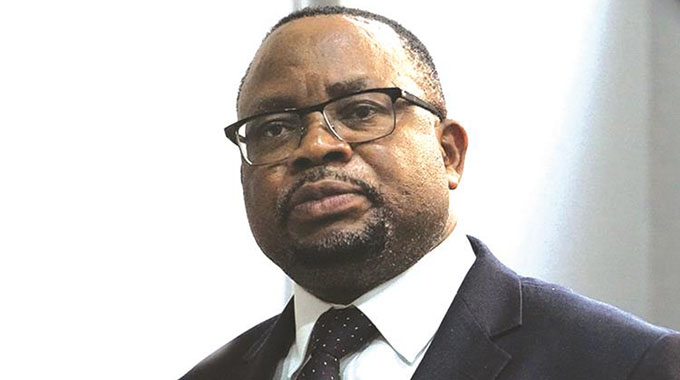Source: Clinics for pensioners rolled out | The Herald
Tawanda Musarurwa
Senior Business Reporter
Health facilities dedicated to the elderly are being rolled out in the public system nationwide, with the first fixed clinic in the new chain being opened by NSSA in Harare on Friday.
Speaking on the development, Public Service, Labour and Social Welfare Minister Professor Paul Mavhima said Government prioritised all aspects of pensioners’ social welfare and so had started the rollout of these health facilities.
The chain of fixed NSSA clinics supplements the Authority’s existing mobile clinic system.
“Government’s economic blueprint, the National Development Strategy 1 (NDS1) prioritises social protection for vulnerable members of society who include the aged, orphans and widows.
“NSSA recognises the importance of assisting pensioners to access healthcare as part of its comprehensive efforts to improve their welfare through augmenting statutorily stipulated monetary benefits with non-monetary benefits,” said Professor Mavhima.
“In the stakeholder engagement meetings that have been held so far, access to healthcare services has consistently featured prominently among the uppermost needs of NSSA pensioners.
“In response to this compelling need, NSSA has been using its mobile clinic to provide free medical assistance to pensioners in regions across the country. Since April, the clinic has been to the southern part of Zimbabwe, covering Zvishavane, Gwanda and Bulawayo.”
Social protection consists of policies and programmes structured to reduce poverty and vulnerability by promoting efficient labour markets, diminishing people’s exposure to risks and enhancing their capacity to protect themselves against interruption or loss of income.
The International Labour Organisation’s Social Security (Minimum Standards) Convention, 1952, outlines the nine principal branches of social security: medical care, sickness, unemployment, old age, employment injury, family, maternity, invalidity and survivors’ benefits.
NSSA’s mobile clinic was introduced earlier this year, and Professor Mavhima said the programme is ongoing, alongside the introduction of fixed clinics.
“NSSA will be purchasing more mobile clinics to enable each region to have its own mobile clinic to facilitate rapid response to issues as they arise,” he said.
The new development is in line with ILO recommendations.
“Universal social health protection ensures that all people in need have effective access to at least adequate care and is thus a key mechanism for achieving these objectives. It is designed to alleviate the burden caused by ill health, including death, disability and loss of income.
“Social health protection coverage also reduces the indirect costs of disease and disability, such as lost years of income due to short and long-term disability, care of family members, lower productivity, and the impaired education and social development of children due to sickness.
“It hence plays a significant role in poverty alleviation,” said the global body in a 2008 paper entitled “An ILO strategy towards universal access to health care”.
The fixed clinics will serve both pensioners and NSSA staff, as well as serving as a Covid-19 isolation centre for NSSA staff.
The authority has also indicated plans to contribute to the ongoing national vaccination programme by procuring vaccines for its pensioners.
Newer Post
Malaba case takes new turn 
COMMENTS